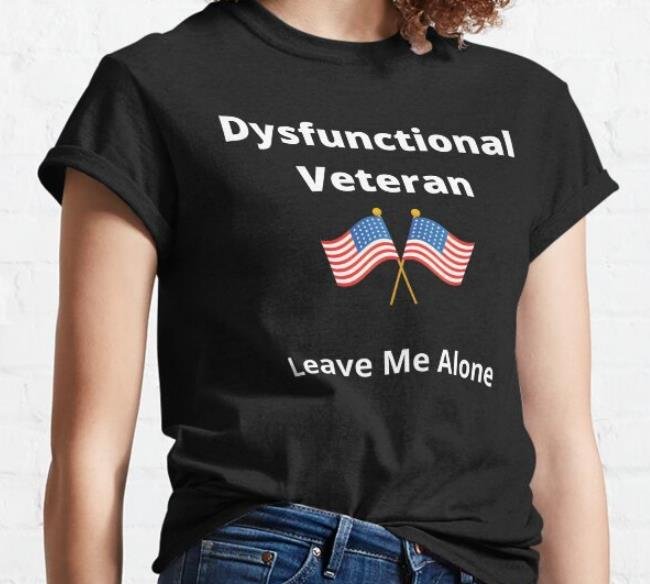The term “dysfunctional veteran” is a phrase that has garnered a lot of attention in recent years, especially within the veteran community. Unfortunately, the term is often misunderstood, and the implications of the label can be damaging to veterans’ mental health and adjustment back to civilian life. This article aims to provide clarity on the meaning of the term, debunking common misconceptions and offering advice on how to help.
Defining the Term Dysfunctional Veteran
The term “dysfunctional veteran” refers to a veteran who is having difficulty adjusting to life outside of the military. This difficulty can manifest in various ways, such as exhibiting symptoms of post-traumatic stress disorder (PTSD), depression, or anxiety. It’s essential to note that being labeled as a dysfunctional veteran does not necessarily mean that a veteran has a mental illness or is incapable of functioning in civilian society. Instead, it’s an acknowledgment of the challenges a veteran may face and the need for support during this challenging time.
Misconceptions About Dysfunctional Veterans
One common misconception about dysfunctional veterans is that they’re often violent or dangerous. This belief is false and harmful, as it only feeds into negative stereotypes about veterans and can worsen the mental health stigma that many veterans already face. Another misconception is that all returning veterans struggle to adjust to civilian life. While many do face challenges, most veterans are resilient and can adapt to the changes in their lives. It’s essential to treat veterans as individuals and not make assumptions about their experiences.

Understanding the Meaning of Dysfunctional Veteran and How to Help
Supporting Dysfunctional Veterans
Supporting veterans who are having difficulty adjusting to civilian life is crucial, and there are many ways to do so. One effective method is to encourage them to seek help from qualified professionals. Professionals who specialize in helping veterans can offer individual and group therapy, evidence-based treatments, and support groups. Another way to help is to volunteer at a local veterans’ organization or donate to one of the many charities that support veterans. These organizations provide a range of services, such as employment assistance, housing support, and mental health resources.
Reducing Stigma Surrounding Mental Health
Reducing mental health stigma is an essential step in supporting dysfunctional veterans and all individuals who may be struggling with their mental health. Addressing the stigma start with education. It’s essential to educate oneself and others about mental health and the challenges veterans face in adjusting to civilian life. It’s also crucial to use language that is respectful of veterans and their experiences, avoiding derogatory language or labels like “crazy” or “broken.” Lastly, advocating for increased funding for mental health resources for veterans is essential for creating a supportive environment.
The Importance of Patience and Empathy
Lastly, it’s crucial to emphasize the importance of patience and empathy when it comes to supporting dysfunctional veterans. Adjusting to civilian life can be a challenging journey, and veterans need empathy and a compassionate environment to begin to heal. It’s essential to give veterans the time and space they need to adjust and recover. Additionally, taking the time to listen and understand their experiences can help them feel seen and heard in a time where they may feel isolated or misunderstood.
Conclusion
The term “dysfunctional veteran” is an acknowledgment of the challenges that returning veterans may face in adjusting to civilian life. By understanding this definition, debunking common misconceptions, and supporting veterans with compassion and empathy, we can help veterans transition to civilian life. It’s important to remember that veterans are individuals with unique experiences, and that supporting them in their journeys is an essential step towards creating a more understanding, inclusive society.
FAQs
[faq-schema id=”365″]
















